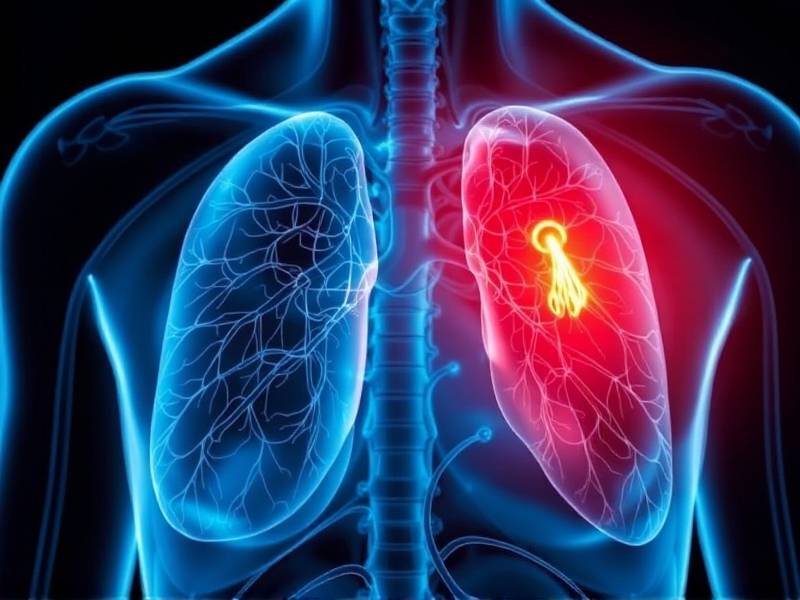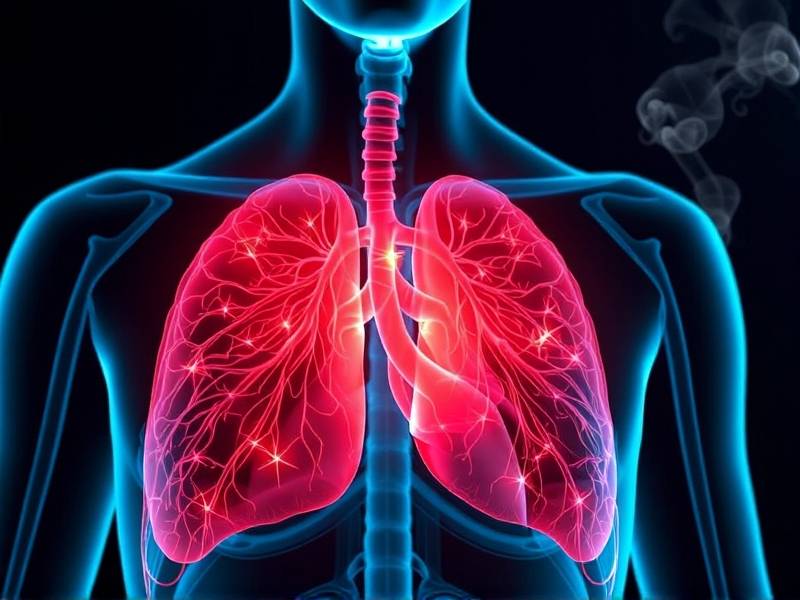How Long Does It Take for the Lymphatic System to Heal After Quitting Smoking?
The Journey to Healing: Understanding Lymphatic System Recovery Post-Quitting Smoking
Introduction: Quitting smoking is a monumental step towards a healthier lifestyle. It's a journey that not only benefits the respiratory system but also has a profound impact on the body's overall well-being. One of the lesser-known aspects of this transformation is the healing of the lymphatic system. In this article, we delve into how long it takes for the lymphatic system to heal after quitting smoking and what you can do to support this process.
Understanding the Lymphatic System The lymphatic system plays a crucial role in our immune response by removing toxins, waste products, and foreign substances from the body. It consists of a network of vessels, nodes, and organs that work together to maintain fluid balance and fight infections.

The Impact of Smoking on the Lymphatic System Smoking introduces harmful chemicals into the body that can affect the lymphatic system's ability to function properly. Over time, these chemicals can lead to inflammation, impaired fluid drainage, and weakened immune function.
Healing Timeline The healing timeline for the lymphatic system post-quitting smoking varies from person to person. Here are some general guidelines:
-
Immediate Benefits: Within hours or days after quitting smoking, your body begins to eliminate toxins accumulated over time.
-
Weeks 1-2: You may notice an improvement in circulation as your blood vessels begin to relax and open up more freely.
-
Months 3-6: The inflammation in your lymph nodes may decrease as your body starts to repair damaged tissues.
-
Years 1-5: The immune system becomes stronger, reducing your risk of infections and other complications associated with compromised lymphatic function.

-
Long-term Recovery: With continued abstinence from smoking, your lymphatic system continues to improve over time.
Supporting Lymphatic System Recovery To enhance your body's healing process post-quitting smoking:
-
Stay Hydrated: Drinking plenty of water helps flush out toxins from your system.
-
Exercise Regularly: Physical activity promotes circulation and encourages proper fluid drainage.
-
Eat a Balanced Diet: A diet rich in fruits, vegetables, whole grains, lean proteins, and healthy fats supports overall health.
-
Practice Stress Reduction Techniques: Stress can impair immune function; activities like meditation or yoga can help manage stress levels.
-
Seek Professional Guidance: A healthcare provider can offer personalized advice on managing symptoms and supporting recovery.
Conclusion: Quitting smoking is an essential step towards a healthier life for both your lungs and lymphatic system. While healing may take time, taking proactive steps can accelerate recovery and improve long-term health outcomes. Remember that each individual's journey is unique; be patient with yourself as you embark on this transformative path towards wellness.
